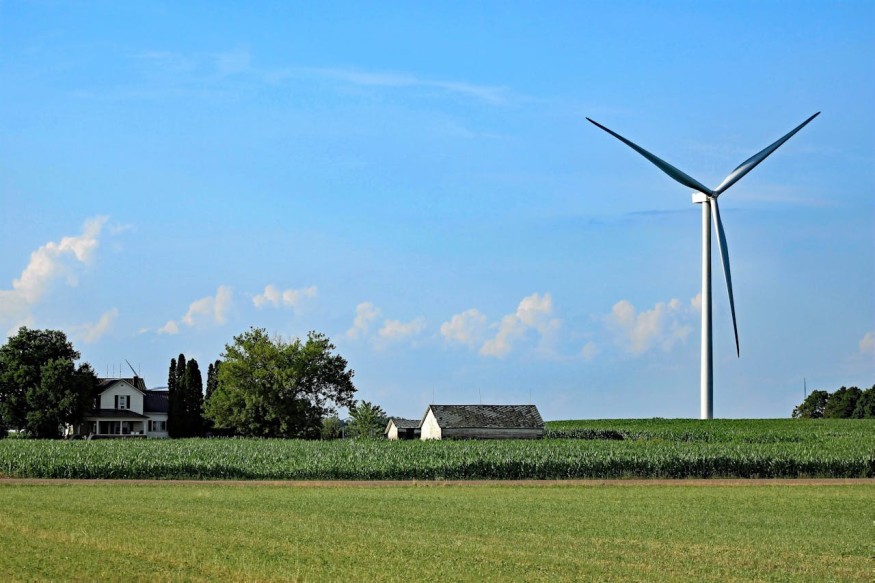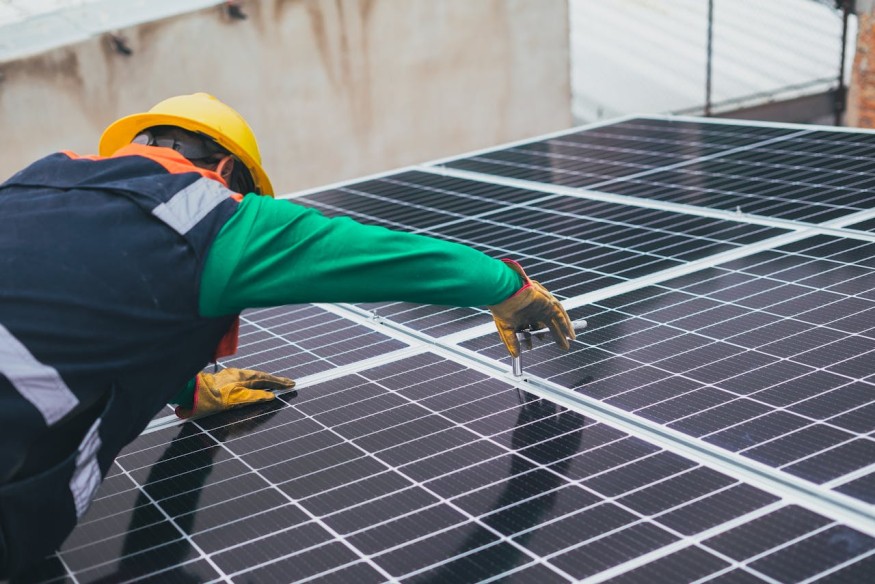
Sustainability is a word on the lips of the nation at the moment, and there are rising concerns about the widespread impacts of climate change on the lives of everyday Americans. One city, in particular, is staying ahead of the curve, proving its leadership in the clean energy space by topping the nation in clean energy investment for the second consecutive year.
Both Business Facilities and Climate Power have ranked Michigan first place for clean energy investments, powered by the impact of the Inflation Reduction Act (IRA). These impressive accolades highlight the city's genuine commitment to building a sustainable city that looks to the future, focusing on clean energy projects and electric vehicle (EV) manufacturing.
As clean energy becomes a larger part of the economy, professionals looking to stay competitive may benefit from further education. Programs like the Kettering University online MBA program can provide valuable insights into managing and leading in industries shaped by innovation and sustainability. This article will take a look at what Michigan's place in the rankings means, how the IRA helped the clean energy industry and the subsequent impacts on the city's economy and environment.
Business Facilities Rankings and Climate Power Report
Business Facilities creates an annual report that identifies investment trends in different sectors across the American economy. The report emphasized Michigan's excellence in in-demand industries, particularly fledgling EV manufacture, harking back to an era where the city "put the world on wheels," remarked U.S. Congresswoman Debbie Dingell.
Similarly, Climate Power awarded Michigan their top spot for clean energy investments, securing 58 major clean energy projects since the passing of the IRA, amounting to over $20 billion in investments and the creation of more than 13,000 jobs, both in Michigan and out-of-state in California and Texas.

How did the IRA help?
Joe Biden signed the Inflation Reduction Act into law in 2022, which was the largest climate investment in U.S. history, offering "funding, programs, and incentives to accelerate the transition to a clean energy economy, [...] likely driv[ing] significant deployment of clean electricity resources."
For Michigan alone, this bill was impactful enough to result in more than $25 billion in new investments across the state, which worked hand-in-hand with Michigan governor Gretchen Whitmer's bipartisan clean energy package to keep supply chains within the United States and create more jobs at home. Whitmer's ability to leverage federal resources has helped establish Michigan as a clean energy powerhouse: with support from the IRA, he landed landmark projects like General Motor's $7 billion investment in converting their Orion Township plant to EV production.
The IRA is available nationally, but thanks to the diligence of Michigan's state government and strong manufacturing background, they've been able to take advantage of it to its fullest. Zachary Kolodin, the Michigan Infrastructure Office's chief infrastructure officer, said, "Michigan is seizing every opportunity to organize and empower our communities to secure federal funding for projects that will benefit Michiganders both today and in the future."
As for the benefits, they're clear as day: "These efforts are crucial for driving projects that enhance the quality of life for our residents, modernize Michigan's infrastructure, create middle-class jobs, and usher in a clean future." Lofty goals of producing 100% clean energy by 2040 go side-by-side with promises to strengthen Michigan's middle class through well-paid jobs, cheaper utilities for businesses and families, and enhancing the state's ability to compete on a global scale economically.
Economic and Environmental Impact
Michigan has taken the bull of federal funding by the horns. The ripple effect of the investment in these projects goes far beyond the billions in direct investments because the clean energy projects are reinvigorating stagnant local economies and fostering earnest community development. Climate Power's report indicated that, of the 58 projects won (worth nearly $25.4 billion in investments), 24 of them are located in low-income communities, showing a focus on equitable growth such that all Michiganders benefit from the state's transition to clean energy, not just the ones living in nice area codes.
Jobs are key. Michigan has already seen nearly 14,000 jobs created in the clean energy sector, with many more on the way as other investments make headway. These are skilled labor positions that can be adapted from skills that many in the state already possess, ranging from manufacturing and installing EV components on assembly lines to building renewable energy infrastructure like wind turbines and solar panels. What's more, the Business Facilities 20th Annual Rankings report rated Michigan as the best state in the nation to access customized workforce training, so if upskilling is required, there's quite literally nowhere better to go.
The environment is also top-of-mind when it comes to clean energy, and the leadership Michigan is showing in taking advantage of government support for energy transition is extremely important in the fight against climate change. According to the Department of Transport, transportation is the largest source of greenhouse gas emissions in the U.S., so Michigan's decarbonizing its transportation sector is an excellent way to impact the state's overall effect on the warming of our atmosphere. Michigan is looking to the future, and what's ahead is green: electric vehicles, charging infrastructure to support them, and large batteries to store power when there's no wind or sun to power turbines or panels.
Leading the Change
Michigan hasn't reigned the rankings for the last two years by accident. Their dominance in the field underlines the strides they have made as a state in harnessing federal funding to advance the way they're approaching the future of energy and transportation within their state. With the IRA being the main catalyst, they've been able to create jobs and drive economic growth, all while transforming what their energy economy looks like from top to bottom.
Governor Whitmer's leadership and administration have further helped to position Michigan as the state of tomorrow when it comes to energy, making sure that it's ready to react to the challenges of climate change and resource crises while fostering an economy that doesn't leave anybody behind. The future should be collaborative and sustainable, so maybe Michigan is the model that we should all follow.
© 2025 NatureWorldNews.com All rights reserved. Do not reproduce without permission.

